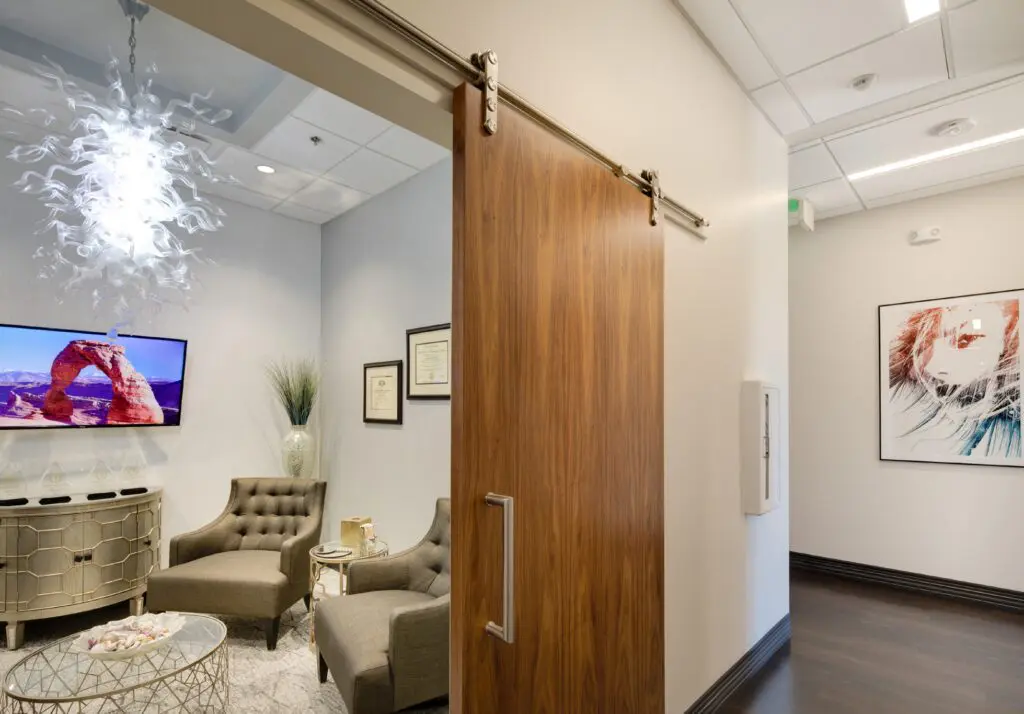Before You Sign Your Lease Renewal Option…

Although tenants may feel good about having a renewal option in their lease, the truth is it’s typically drafted to benefit the landlord much more than the tenant. Tenants can often achieve much better terms if they understand the landlord’s intent behind a renewal option and how to execute a specific game plan to achieve terms in their favor. Property owners don’t want tenants to know that even if a tenant has a renewal option, they can usually negotiate a better deal if they decline their renewal option and renegotiate. With proper representation, tenants can achieve significantly better terms than what is offered by most lease renewal options. Additionally, most tenants don’t know there is a margin in every deal to realize concessions beyond what is initially proposed. The majority of practices handle their lease renewals without doing research, talking to a real estate advisor, or negotiating in any way. Instead, they blindly exercise the lease renewal option and assume the terms are ‘fair’ or ‘good enough’.
Many healthcare providers blame this approach on being too busy or not knowing whom to contact to help them with the process. The result of this simple action represents a lost opportunity for the practice to recapture tens to hundreds of thousands of dollars in excess expenses over the length of a standard lease.
THE PLAYING FIELD IS NOT LEVEL
The terms of a renewal option rarely favor the tenant. Landlords work hard to protect themselves by ensuring the lease rate of a renewal option is higher than what they would charge a new tenant for a vacant space. When an existing tenant agrees to renewal terms without negotiating properly, they leave a substantial amount of money and concessions on the table. The bottom line is most tenants are starting their negotiation on an unlevel playing field. The results of a poorly negotiated lease can dramatically impact a practice’s profitability.
ABOVE MARKET LEASE RATES
The vast majority of leases include an annual increase clause that raises the rental price each year. Those annual increases typically out-pace inflation. This creates a lease rate that is almost always well above the current market value at the end of a lease term. If the Landlord had to release the space to a new tenant, it would usually be at a lease rate that is lower than the current lease rate and renewal option terms. This presents another compelling reason to avoid signing off on most lease renewal options.
THE IMPORTANCE OF RENEWAL FOR THE LANDLORD
Most renewals are rich deals for property owners. They can make much higher margins on a renewal with an existing tenant compared to a new lease by keeping rates above market and offering minimal concessions to sign the renewal. In addition, the landlord saves money by avoiding several costs that arise if the tenant decided to relocate and leave the space. These factors, described in detail below, drastically increase the margin on the deal.
VACANCY & RENT COLLECTIONS
It’s not uncommon for a vacated space to remain that way for a year or longer, even in a tight market. Not only is the Landlord not collecting any rent for the entire year before the new prospective tenant comes along, when you factor in the new tenant’s negotiation period, build out period and free rent period, it could be a total of 18-24 months before the Landlord sees another check for the space.
ADVERTISED RATES
To be competitive, a property can’t be advertised at inflated rates. Landlords may need to market their spaces at rates that are considerably lower than what many of their tenants are paying, and they’re banking on the current tenants being none the wiser.
TENANT IMPROVEMENT ALLOWANCE
If the current tenant leaves, the space will likely need to be refreshed or redone completely. It’s extremely rare for the existing build-out to be a perfect fit for the next occupant, which means a Landlord may have to invest tens or hundreds of thousands of dollars to accommodate the new use.
FREE RENT
New tenants often receive a free rent period, in addition to the no-rent build out period. Landlords may give three months or more in free rent on longer term leases.
CONCLUSION
These expenses add up, which is why a landlord is motivated to find savings by renewing a lease with an existing tenant. When a tenant exercises their renewal option without comparing their terms to what a new tenant would receive or what they could achieve at a competing property, the landlord pockets these savings instead of passing them on to the current tenant. The difference between these savings and what a landlord actually offers a renewing tenant can be astounding. It’s not uncommon for a landlord to save well over $100,000 by doing a renewal instead of finding a new tenant and investing all the additional expenses into the deal.
The typical concessions offered to the tenant in most renewal scenarios are a mere fraction of the savings realized by the Landlord when a tenant renews. Knowing this, it’s imperative to hire a healthcare real estate advisor to exclusively represent your interests and to develop a customized strategy to procure your next lease. This will ensure you are getting the best possible terms on your lease renewal and will tip the negotiation scales back in your favor. If approached properly, it is very common to save tens to hundreds of thousands of dollars on your lease renewal. Alternatively, if you simply accept the renewal option terms blindly, the same potential savings and concessions can result in dramatic losses and added expenses that can be avoided.
Help your practice avoid this common pitfall by understanding how much is really at stake during your next lease renewal, and then be prepared to capitalize.

Joe Flick | Healthcare Tenant Representation, CARR, joe.flick@carr.us
CARR is the nation’s leading provider of commercial real estate services for healthcare tenants and buyers. Every year, thousands of healthcare practices trust CARR to achieve the most favorable terms on their lease and purchase negotiations. CARR’s team of experts assist with start-ups, lease renewals, expansions, relocations, additional offices, purchases, and practice transitions. Healthcare practices choose CARR to save them a substantial amount of time and money; while ensuring their interests are always first. Visit CARR.US to learn more about their expert representation services.
